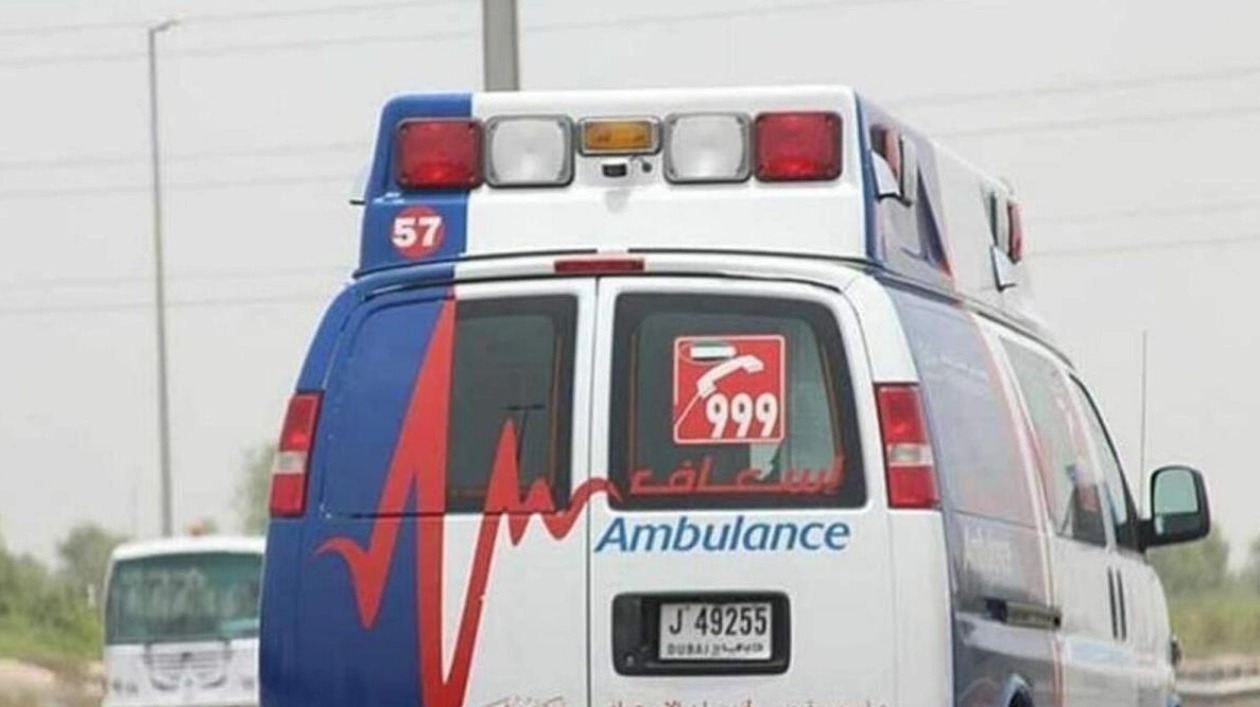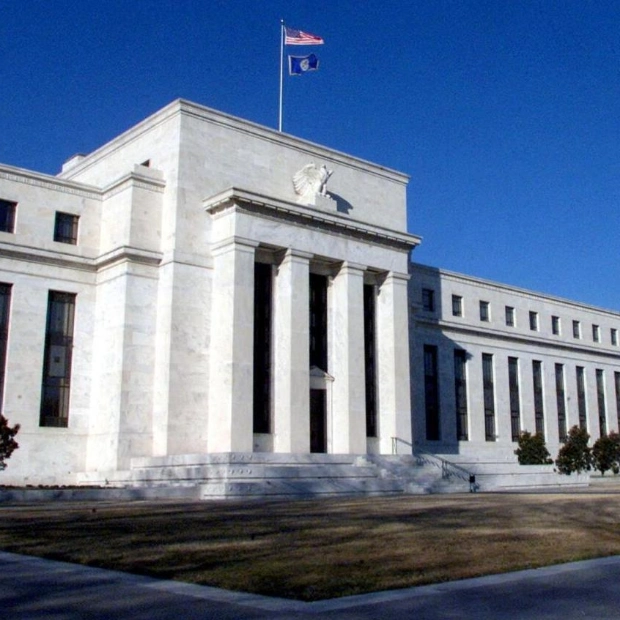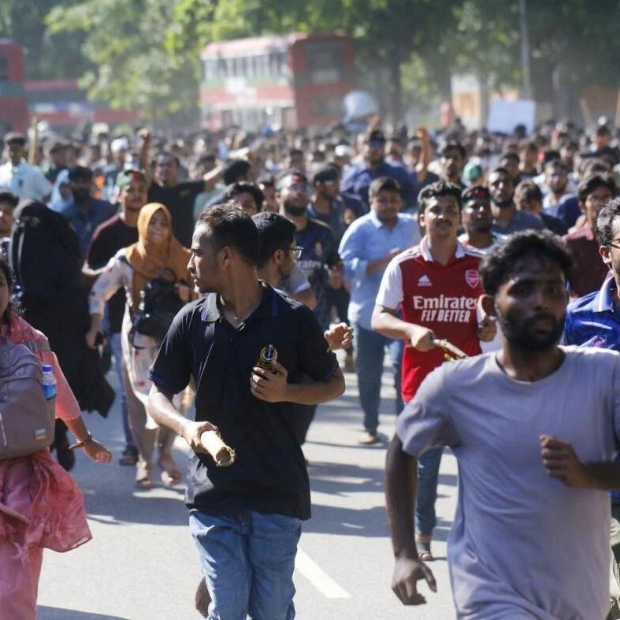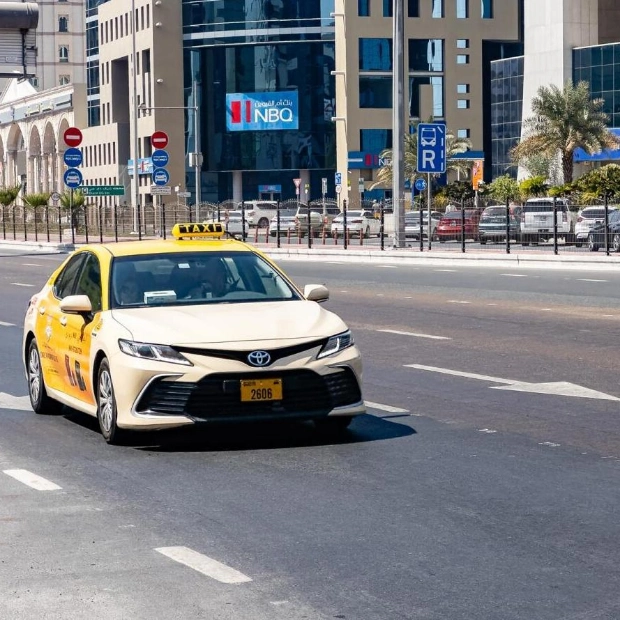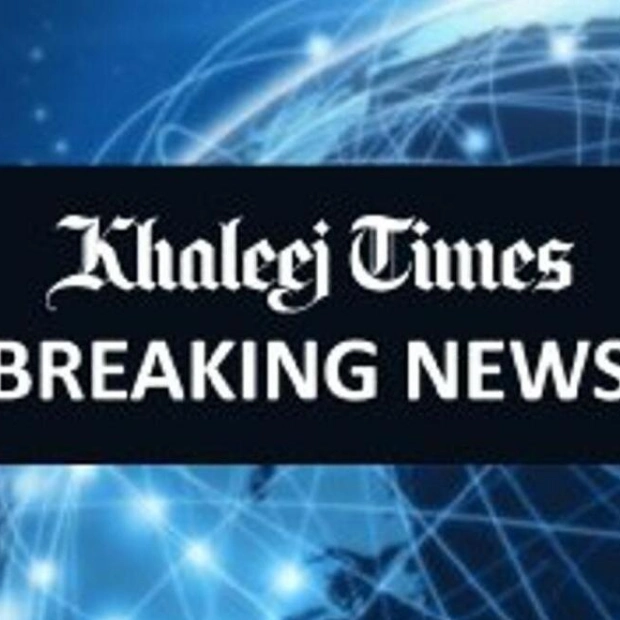In the UAE, medical emergencies, whether due to natural causes or accidents, are met with a well-coordinated response to ensure patients receive immediate care. The Emirates Health Services has standardized healthcare facilities across the country. Each emirate has its own healthcare authority, such as the Dubai Health Authority in Dubai, the Department of Health - Abu Dhabi in the capital, and the Sharjah Health Authority in Sharjah. The Government of Ajman and Fujairah oversee many services in these cities, while the Ministry of Health and Prevention oversees healthcare nationwide.
To access emergency medical services in the UAE, individuals should call 998 for an ambulance. In Dubai, the DCAS SOS app can be used to request emergency ambulance services, while in Abu Dhabi, the SOS - AD999 app serves a similar purpose. Inpatients in Abu Dhabi can also contact the Istijaba call center at 8001717 for urgent medical assistance.
After calling for an ambulance, the hospital will provide initial treatment and may transfer the patient to a specialized facility if necessary. Both private and government hospitals offer medical services in emergencies, with stabilization treatment being free in government hospitals. Additional treatments must be paid for by cash, credit card, or insurance.
In hospitals operated by the Emirates Health Services, patients must register at the ER reception. The hospital will classify the case and prioritize treatment. Patients will then be examined by an emergency doctor and referred to another specialist if needed.
When registering, patients or their representatives must provide a copy of the patient's Emirates ID and a valid health card. If these documents are unavailable, a valid passport copy is required. Emirates Health Services operates in various facilities across the UAE, including Kuwait Hospital in Dubai, Al Qasimi Hospital in Sharjah, and Saqr Hospital in Ras Al Khaimah.
Emergency teams at hospitals are available 24/7 and are equipped to handle a range of emergencies, including chest pain, difficulty breathing, strokes, severe headaches, and more.
Source link: https://www.khaleejtimes.com
